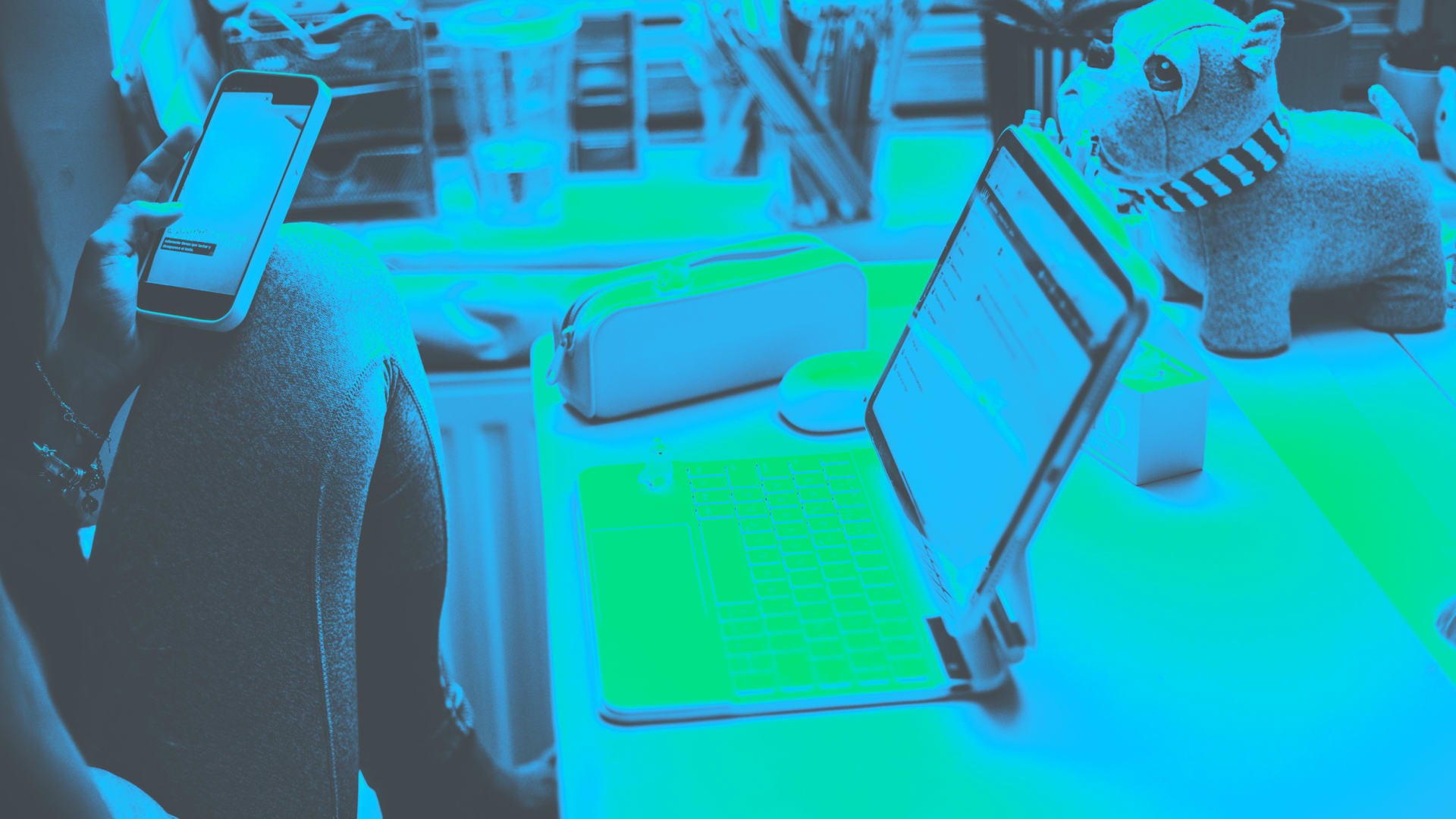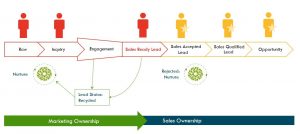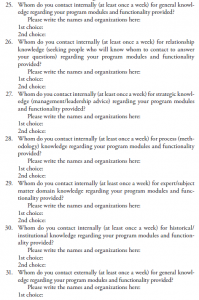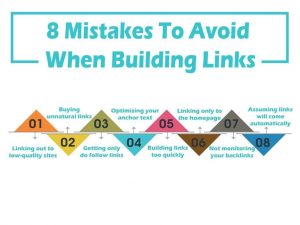If you’re struggling to find focus after vacation, read this
For the skeptics and lifelong multitaskers who insist they’re proficient and productive, multiple studies have busted the myth that you can pull off the juggling act with aplomb. Focus requires effort.
I’m just back from a short vacation, and let me tell you, the struggle to focus is real, people. It could have something to do with the heat. Or the number of questions I’ve gotten from colleagues since I logged on while whittling down my inbox. Either way, the result is the same: Productivity is down and my cognitive function feels like the equivalent of a plate of undercooked scrambled eggs.
The ick factor of runny breakfast food notwithstanding, I snapped to attention when I recalled a piece I’d written some years ago while experimenting with “monotasking.” The idea was to do just one thing at a time to see if the science behind multitasking—specifically that it takes 23 minutes to regain your prior focus once distracted—would bear out in my workday. Surprise! Although it took me a while, the forced effort to focus rewarded me tenfold in increased productivity.
For the skeptics and lifelong multitaskers who insist they’re proficient and productive, multiple studies have been done to bust the myth that you can pull off the juggling act with aplomb. A previous Fast Company report rounded some data up:
“A study at the University Of London found that subjects who multitasked experienced drops in their IQ comparable to someone who missed a night of sleep. Even if multitaskers feel like they’re getting more done, they’re working at a much lower cognitive level and costing companies billions of dollars in lost productivity.
And the cognitive costs get worse. If you’re a multitasker, you might have done some serious permanent damage, as a study that ran MRI scans on the brains of multitaskers found they had less brain density in areas that controlled empathy and emotions.”
Another somewhat more disturbing finding came from a study by researchers at Ohio State University that found distractions—even if you try to ignore them—can impact your memory.
The solution is simple: Minimize distractions and stop multitasking. I can tell you from experience that pulling focus (even to make a pour-over coffee without checking Slack) is easier said than done. However, it is helpful to understand how your brain works so you can work with it to create new and more productive patterns.
Understand the types of attention
You can start by understanding that humans have four different types of attention. According to psychologist Gloria Mark, a professor in the Computer Science department at UC Irvine, you’re most likely to fall prey to every ping right around the post-lunch afternoon slump. You can also benefit from understanding your chronotype (which times of day are best for focused work) as well as energy management (knowing which tasks drain you and which leave you energized).

Observe feelings to support focus
Cognitive scientist and longtime Fast Company contributor Art Markman also observed: “As you get more sensitive to shifts from your current task to something else, you should also pay attention to the feelings you have just before you switch from one thing to another. For example, you might find that you check your email when you get a little frustrated with the task you’re doing. In that case, the feeling of frustration is acting as a cue that you use to trigger the behavior to shift your attention to something else.”
See attention like a flashlight
If you struggle with this, consider what Amishi Jha, director of the Contemplative Neuroscience program for the Mindfulness Research and Practice Initiative, suggests: Think about your attention like a flashlight. “In all the moments prior to our goal-related task, it’s somewhere else. Finally, we can direct it to the task at hand,” she explained. “When you start seeing all the components that are separate from the task, you can see that there’s a cost associated with them. With awareness and attention, we can be more efficient in accomplishing our goals.”
ABOUT THE AUTHOR
(3)
Report Post



